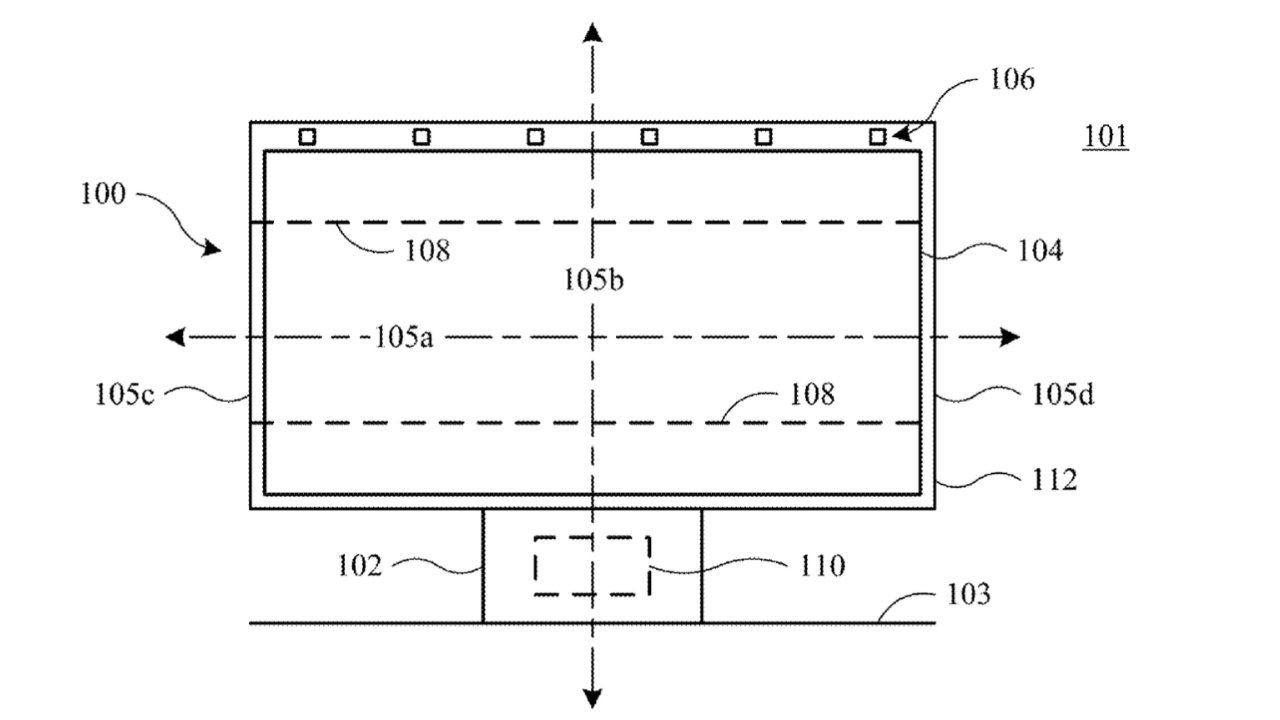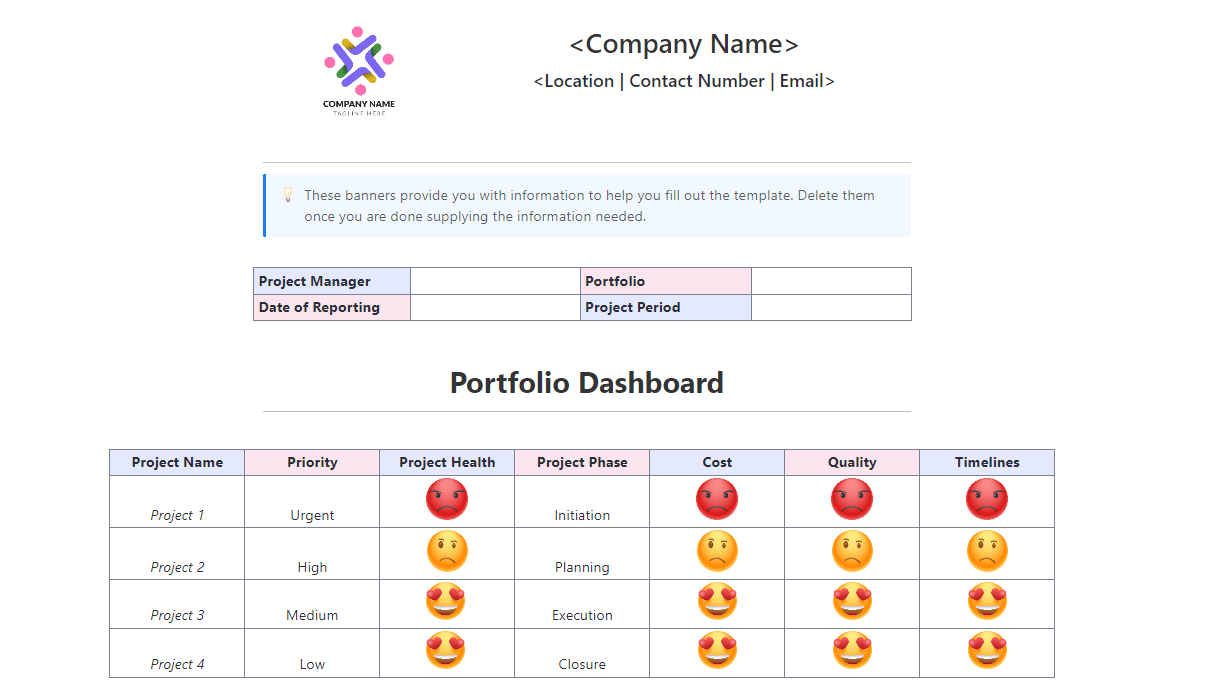Back in May when AMD launched the EPYC 4005 “Grado” processors for low-power, low-cost server processors we tested the EPYC 4565P and EPYC 4585PX. The EPYC 4565P is their standard 16-core offering while the EPYC 4585PX is the 3D V-Cache variant for these processors catering to web hosting, SOHO servers, edge computing, and other applications where not needing the performance of the flagship EPYC 9005 “Turin” processors. There is also another 16-core variant with the EPYC 4545P and what makes this SKU interesting is the 16-cores / 32-threads but with a 65 Watt TDP. In the Ryzen 9000 series so far AMD hasn’t introduced any 16-core, 65-Watt part that makes the EPYC 4545P all the more interesting. Here are some benchmarks of the EPYC 4545P for those shopping for an affordable and very power efficient server platform that still sharply outperforms Intel’s Xeon E / Xeon 6300 competition.
While the AMD EPYC 4585PX 16-core processor is fascinating for its performance thanks to the 128MB L3 cache (3D V-Cache), it has a default TDP of 170 Watts like the EPYC 4565P. But with the EPYC 4545P is the same 16 cores / 32 threads of Zen 5 but with just a 65 Watt TDP. The EPYC 4545P still has a 64MB L3 cache like the EPYC 4565P but to accommodate the lower power envelope is a 3.0GHz base clock compared to 4.3GHz on the 170 Watt processors. The boost clock on the EPYC 4545P also tops out at 5.4GHz compared to 5.7GHz with the EPYC 4565P / EPYC 4585PX processors. The clock trade-off isn’t too bad considering the TDP is just 38% of the flagship tiers.
The AMD EPYC 4545P also has a list price of $549 USD, which is very competitive and just below the EPYC 4565PX price at $589. As a reminder, the current Intel Xeon low-power flagship processor is the Raptor Lake based Xeon 6369P. With the Intel Xeon 6369P is 8 cores / 16 threads and a 95 Watt TDP while having around a $600 list price.
With the significantly reduced TDP on this 16-core Zen 5 server processor, I was eager to test it out especially with there not being a similar Ryzen 9000 series processor right now. Even with prior generation Ryzen 70000 series and EPYC 4004 series, there was the 12-core Ryzen 9 7900 for the top-tier 65 Watt part akin to the EPYC 4464P. Sixteen Zen 5 cores within a 65 Watt TDP while still supporting DDR5-5600 ECC memory, AVX-512, and other standard EPYC 4005 “Grado” features could make it very interesting for industrial/rugged computer deployments that are often passively cooled, edge computing servers especially for AI with CPU-based inferencing, infrequently accessed servers, and other edge/low-power server applications.
I have been testing the AMD EPYC 4545P on the same Supermicro AS-3015A-I H13SAE-MF server as the other EPYC 4004 / EPYC 4005 benchmarks. Tests were done from Ubuntu 25.04 to offer an up-to-date Linux environment with the Linux 6.14 kernel, GCC 14.2, and other recent software packages. For this comparison the following processors were tested:
– AMD EPYC 4344P
– AMD EPYC 4345P
– AMD EPYC 4464P
– AMD EPYC 4564P
– AMD EPYC 4545P
– AMD EPYC 4565P
– AMD EPYC 4584PX
– AMD EPYC 4585PX
– Intel Xeon 6369P
Thanks to AMD for providing the EPYC 4004/4005 CPU review samples. The Intel Xeon 6369P is similar to the Xeon E-2488 and is their flagship model of the current Xeon 6300 series while still only having 8 cores / 16 threads and based on Raptor Lake. A mix of EPYC 4004 and EPYC 4005 processors were used for looking at the performance and power efficiency of the EPYC 4545P. Besides the lack of any other 16-core Zen 5 65 Watt processor so far, the EPYC 4545P also doesn’t have any direct comparison from the prior-generation EPYC 4004 series. The 16-core EPYC 4564P and 4584PX were 170 Watt and 120 Watt parts, respectively. Only when getting down to the 12-core EPYC 4464P was there a 65 Watt default TDP processor.
Let’s continue on in looking at the AMD EPYC 4545P Linux server performance, power efficiency, and value for those seeking a 16-core 65 Watt processor.










